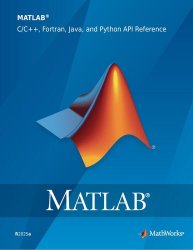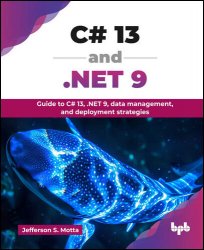- Добавил: literator
- Дата: 23-06-2025, 22:59
- Комментариев: 0
 Название: Data-Driven Decision Support System in Intelligent HealthCare
Название: Data-Driven Decision Support System in Intelligent HealthCareАвтор: Debnath Bhattacharyya, Yu-Chen Hu
Издательство: CRC Press
Год: 2025
Страниц: 272
Язык: английский
Формат: epub (true)
Размер: 11.7 MB
Machine Intelligence with Generative AI is one of the most trending topics with applications in almost all fields of life. In healthcare, it is not only accelerating the development of new products, but also automating the generation of new and synthetic content making it easier to train and improve Machine Learning models. Some of the biggest achievements of Generative AI in healthcare have been drug discovery, personalized care, differentially private synthetic data generation, operational efficiency, and many more. Generative AI models like Generative Adversarial Networks (GANs), and Variational Autoencoders are employed to generate synthetic medical images, aiding in data augmentation, facilitating disease diagnosis, and enabling advanced medical imaging research. Additionally, Generative AI techniques are being utilized for creating realistic electronic health records (EHRs) and simulated patient data, supporting privacy-preserving data sharing, and empowering innovative studies for personalized medicine and drug development. This volume delves into the realm of Machine Intelligence with Generative AI and explores its impact on the healthcare industry.









